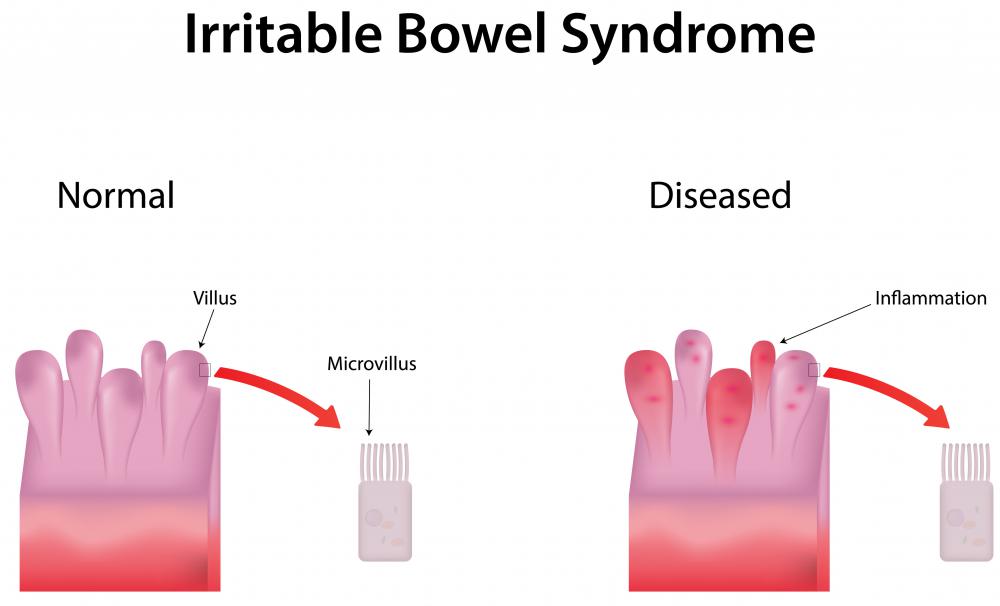At WiseGEEK, we're committed to delivering accurate, trustworthy information. Our expert-authored content is rigorously fact-checked and sourced from credible authorities. Discover how we uphold the highest standards in providing you with reliable knowledge.
What Is a Multi-Probiotic?
A multi-probiotic is a type of probiotic multi-vitamin; that is, a probiotic supplement that contain two or more probiotic strains. A probiotic is a microrganism that resides in the intestinal tract of its host, feeding on bacteria harmful to the host. The word "probiotics" was coined by German scientist Werner Kollath in the early 1950s and is in contrast to antibiotics, which are compounds that inhibit or destroy bacterial growth. By the 1980s, bacteriologists suggested that probiotics benefited the host's digestive tract in which they lived and therefore earned the nickname "good bacteria." Multi-probiotics might be available as probiotic tablets, powders or probiotic drops in the belief that these supplements improve a person's gut flora balance.
Multi-probiotic supplements are widely available in health food stores and natural vitamin shops as complementary and alternative medicine (CAM). They are manufactured and regulated as a food and not as a pharmaceutical. Probiotics are believed to relieve gastroenteritis, diarrhea from rotoviruses and antibiotic associated diarrhea, chronic constipation and irritable bowel syndrome. Some researchers claim that multi-probiotics might relieve the effects of colitis, cirrhosis and inflammatory bowel maladies.

Nutritionists emphasize that diet and one's environment can balance the gut flora conditions. The probiotic genus Bifidobacterium is found in the intestines of breastfed infants who suffer from diarrhea much less than their milk-fed peers. Lactobacillus is one of the most common probiotic cultures and is available in many foods. Common food sources for probiotics are found primarily in dairy and fermented foods such as yogurt, dietary supplements, soy beverages, miso and milk. Lactose-intolerant patients might take multi-probiotic supplements to supply the intestines and stomach with bacterial lactase, an enzyme necessary for the digestion of dairy products.

Disease, stress, illness and some medicines can disrupt the delicate bacterial environment in the digestive tract. Antibiotics, which are necessary for treating bacterial diseases, also kill the good bacteria in the gut. Multi-probiotic supplements attempt to relieve the side effects of antibiotics and restore the intestinal tract to normal operation.
The safety of multi-probiotics had not been extensively researched, but common side effects among sensitive patients include digestive discomforts such as gas and bloating. Probiotics could possibly cause infections requiring the need for antibiotics or disrupt normal metabolic processes in the digestive tract. A multi-probiotic might overstimulate the immune system. Additionally, one strain of probiotics might affect one person and not another, and therefore it is advisable to contact a healthcare provider before beginning a multi-probiotic regimen.
AS FEATURED ON:
AS FEATURED ON:












Discuss this Article
Post your comments